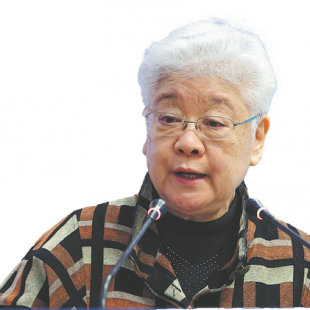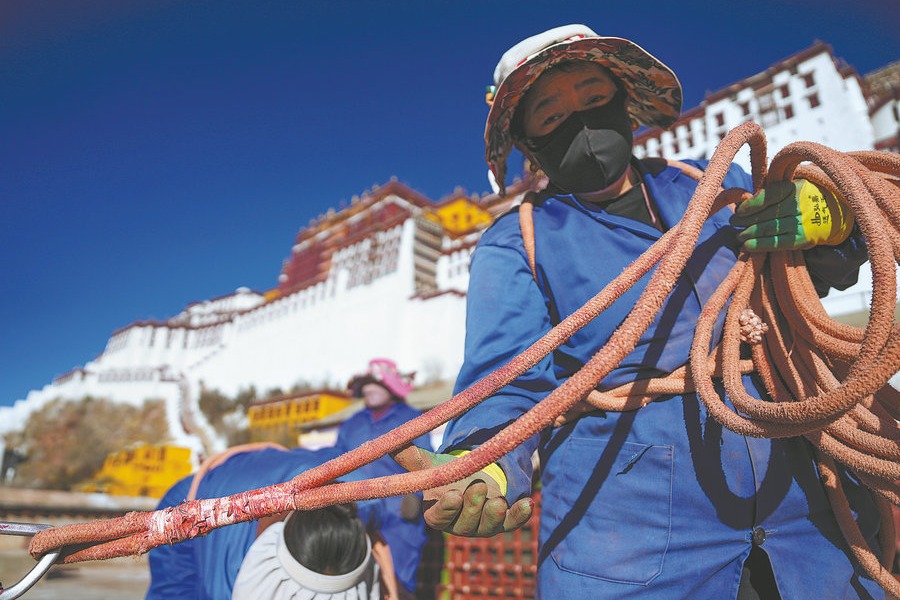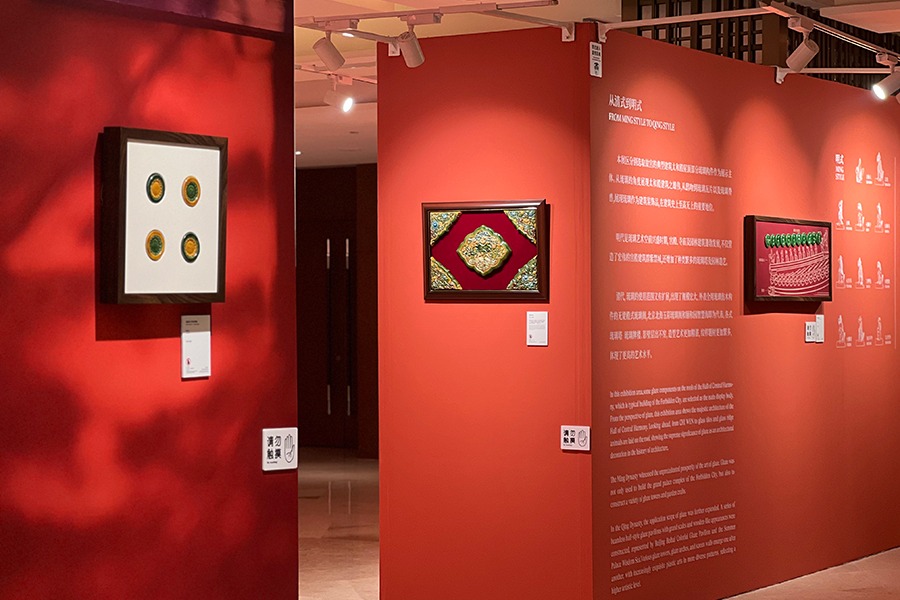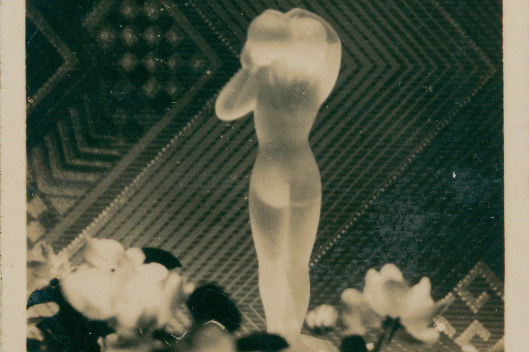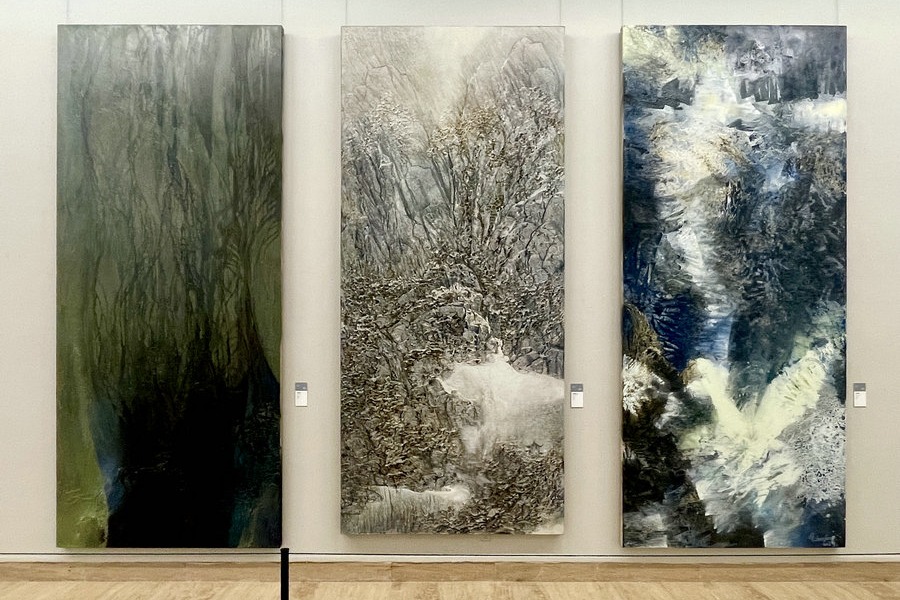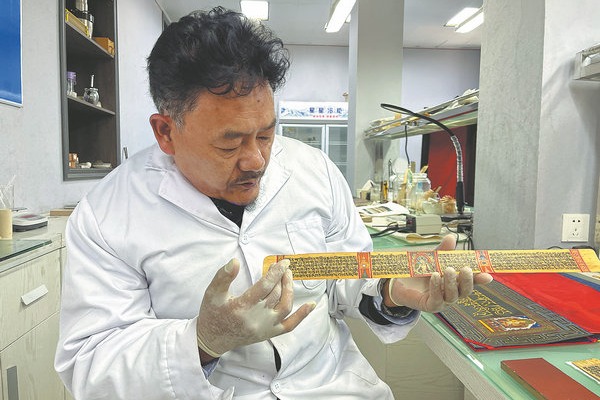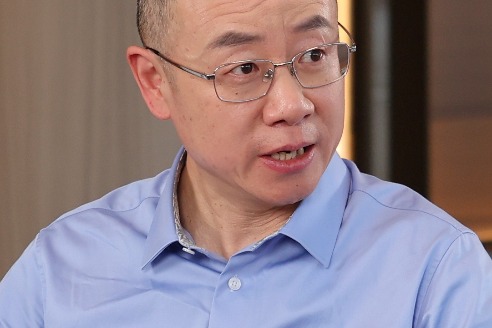Tang Wensheng: Books are my compass

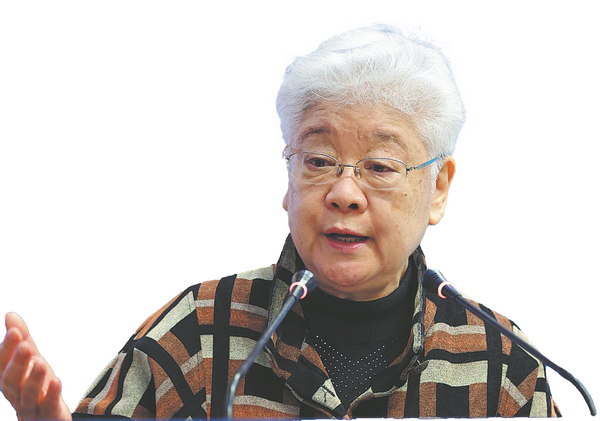
In 1975, Tang Wensheng faced a diplomatic challenge: interpreting for Guyana's Prime Minister Linden Forbes Sampson Burnham with near-zero prior knowledge of the nation or its leader. Rushing to the archives, she borrowed two English books — one on Guyana's history, another on Burnham's life. Hours of focused reading later, she stepped into the meeting room with newfound clarity. Books turned panic into preparation, she says.
At another diplomatic occasion, when Chairman Mao Zedong cited an ancient proverb — A tree towering above the forest invites the storm — Tang, the interpreter, initially failed to understand until the chairman wrote down several words of the proverb. Tang later realized that "reading isn't just preparation beforehand. You can read to accumulate knowledge afterwards".
As a part-time interpreter then, gaps between assignments threatened her fluency. Her remedy? English detective novels. Armed with knowledge gleaned off the gripping plots and polished prose, she "scraped the rust off her tongue", maintaining the agility her role demanded.
The adviser to All-China Federation of Returned Overseas Chinese, Tang says reading became her compass. Novels lured her first, but memoirs, histories, and scientific texts soon broadened her horizons. During her China Daily years, she confronted her own limitations daily — waves of global news demanding swift comprehension.
Books also taught her humility, she adds. "Only through constant learning and an ever-expanding perspective could I effectively engage with the world," she says.
Today, as AI reshapes industries, Tang's faith in reading endures: "In an age of exploding knowledge, without continuous learning and reading, one will fall out of sync with the world and the times."


